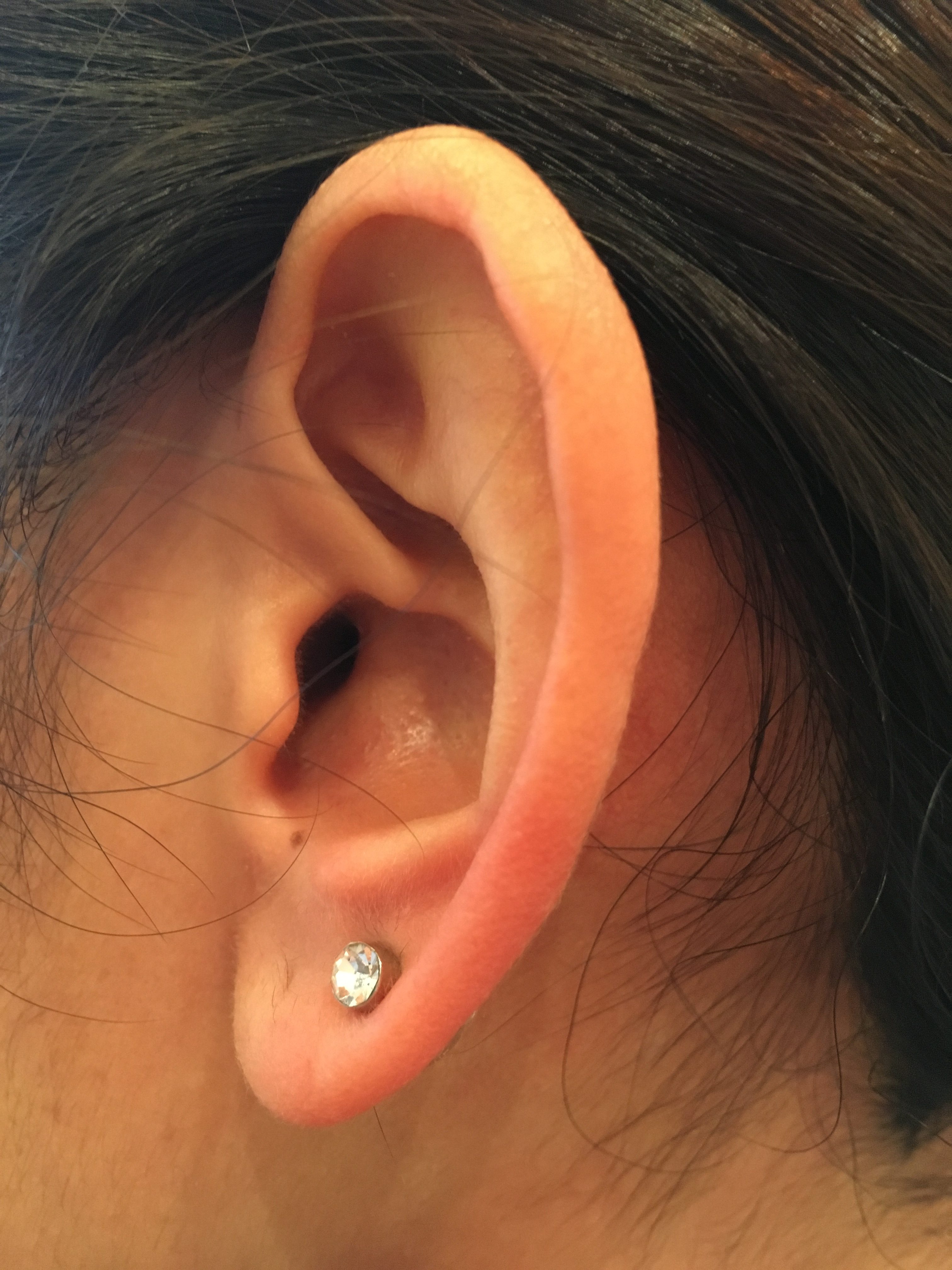BY DR ANNABELLE LEONG
Consultant, Otolaryngology(ENT), Head and Neck Surgery Ear, Nose, Throat (ENT) specialist for Children and Adults, MBBS (Hons)(London), Bsc (Hons), DOHNS, FRCS (ORL-HNS)
We often take good balance for granted. Dizziness, vertigo, and imbalance are extremely common problems which can severely affect a person’s quality of life, making it hard to work and function. In the elderly, dizziness is associated with an increased risk of falls.
Dizziness, vertigo, and imbalance can mean different things to different people. Dizziness (or giddiness) is a sensation of lightheadedness or unsteadiness whilst vertigo is more of a spinning sensation with the perception of movement, either of oneself or surrounding objects. Imbalance usually describes unsteadiness or feeling like falling over.
Our bodies maintain balance by receiving sensory information from three systems:
- Vestibular (the inner ear)
- Vision and
- Proprioception (touch sensors in the spine, trunk, and feet)
This information is coordinated overall by the brainstem which then sends feedback messages to the eyes to maintain steady vision and to the muscles to maintain good posture and balance. The vestibular system manages spatial orientation of the head and body.
The vestibular system often acts as a tie-breaker to sort out conflicting signals arriving from the other systems. When it is not working properly, then dizziness, vertigo, and imbalance will occur.
There are many types of vestibular disorders, including:
- Inner ear infections e.g. labyrinthitis and vestibular neuronitis, which can lead to longterm imbalance if the inner ear does not recover fully
- Brain tumours e.g. acoustic neuroma (a benign nerve tumour growing on the nerve which controls balance)
- Benign Positional Paroxysmal Vertigo (BPPV): Free-floating calcium particles in the inner ear give rise to vertigo when the head is turned in certain positions
- Cholesteatoma: A benign expanding sac of skin which grows and destroys surrounding ear structures, leading to hearing loss, dizziness and persistent ear infection
- Meniere’s disease: Abnormalities in inner ear fluid quantity and composition lead to fluctuating hearing loss, dizziness, and tinnitus (inner ear noise)
- Vestibular migraine: Recurrent episodes of dizziness, vertigo, and imbalance, often with headaches and sensitivity to light and sound
- Side effects of drugs which can affect inner ear function
Depending on the cause, treatment of vestibular disorders may consist of specialized physiotherapy, oral medications, eardrum injections and surgery. It is important to note that dizziness, vertigo, and imbalance can also result from a wide range of problems with the other systems e.g. eyes, heart and brain. Common non-vestibular causes of dizziness are linked to irregular changes in blood-flow from cardiovascular problems. Hence a thorough check-up of the dizzy patient should involve not only the ENT specialist with expertise in managing vestibular disorders but also the cardiologist and eye specialist.

